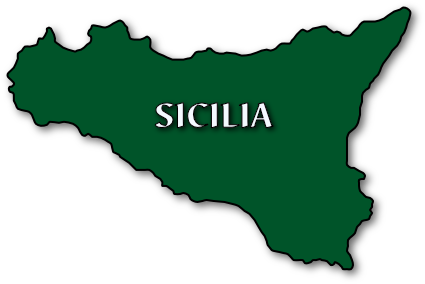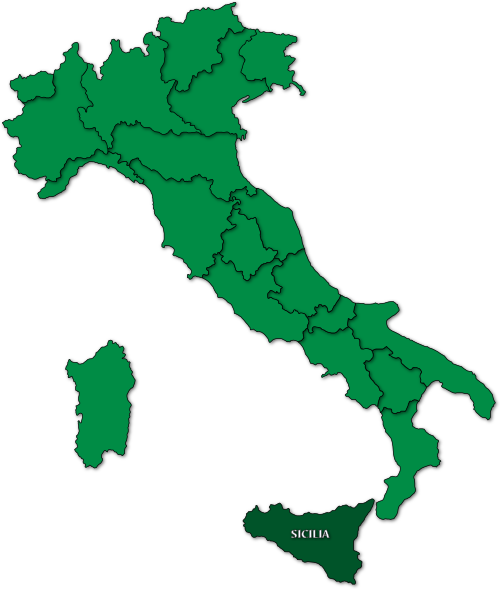 Getting to know Sicilia, Italy
Getting to know Sicilia, Italy
Sicilia (Sicily), the largest island in the Mediterranean Sea, is a captivating destination known for its diverse landscapes, rich history, vibrant culture, and delicious cuisine.
Here are some interesting aspects of Sicily:
Ancient Ruins: Sicily boasts a plethora of ancient ruins, including the well-preserved Greek temples at Agrigento's Valley of the Temples, the ancient theater of Taormina, and the Greek city of Syracuse, which was once the most powerful city-state in the Mediterranean.
Mount Etna: Europe's tallest active volcano, Mount Etna dominates the eastern coast of Sicily. It is a UNESCO World Heritage Site and offers breathtaking landscapes, hiking trails, and opportunities for adventurous activities like volcano trekking and skiing (in winter).
 Baroque Architecture: Sicily is renowned for its stunning Baroque architecture, particularly in cities like Ragusa, Noto, and Modica. The historical centers of these towns are UNESCO World Heritage Sites, characterized by ornate churches, palaces, and grand piazzas.
Baroque Architecture: Sicily is renowned for its stunning Baroque architecture, particularly in cities like Ragusa, Noto, and Modica. The historical centers of these towns are UNESCO World Heritage Sites, characterized by ornate churches, palaces, and grand piazzas.
Palermo: Sicily's capital city, Palermo, is a vibrant metropolis with a fascinating blend of cultures and architectural styles, reflecting its history of Arab, Norman, Byzantine, and Baroque influences. Highlights include the Norman Palace, the Cathedral of Palermo, and the bustling markets like Vucciria and Ballarò.
Mosaics of Piazza Armerina: The Villa Romana del Casale in Piazza Armerina is renowned for its incredibly well-preserved Roman mosaics, depicting scenes of daily life, mythology, and hunting. It is a UNESCO World Heritage Site and offers a fascinating glimpse into ancient Roman luxury.
Cuisine: Sicilian cuisine is a delicious fusion of Mediterranean flavors, influenced by Greek, Arab, Norman, and Spanish culinary traditions. Highlights include arancini (rice balls), caponata (eggplant stew), cannoli (sweet ricotta-filled pastries), and fresh seafood dishes.
Sicilian Festivals: Sicily hosts numerous festivals and religious celebrations throughout the year, showcasing the island's cultural heritage. One of the most famous is the Feast of Saint Agatha in Catania, which honors the city's patron saint with religious processions, fireworks, and traditional food.
Natural Beauty: In addition to Mount Etna, Sicily boasts stunning natural landscapes, including pristine beaches, rugged coastlines, and picturesque hillside towns like Cefalù, Taormina, and Castelmola.
Greek Influence: Sicily has a strong Greek heritage, evidenced by the numerous Greek temples, theaters, and archaeological sites scattered across the island. The Greeks colonized Sicily in the 8th century BC, leaving a lasting impact on its culture, language, and architecture.
Island Hopping: Sicily is surrounded by smaller islands, each with its own unique charm. Visitors can explore the Aeolian Islands, known for their volcanic landscapes and crystal-clear waters, or the tranquil island of Pantelleria, famous for its thermal springs and unique cuisine.
These aspects make Sicily a fascinating destination for travelers seeking history, culture, natural beauty, and culinary delights.










